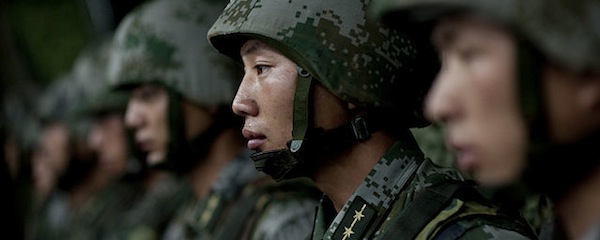Following a coordinated, massive assault by Nigerian-based Boko Haram militants on Cameroonian targets, the government of Cameroon for the first time ordered airstrikes and rocket strikes on the attacking fighters. BBC:
About 1,000 militants attacked five villages, including Amchide, and seized the nearby Achigachia military base, where they raised their black flag, army spokesman Lt Col Didier Badjeck told the BBC’s Focus on Africa programme. He said President Paul Biya then personally ordered the air force to intervene, forcing the militants out.
The base was reportedly retaken and the attackers repulsed. According the Cameroonian military, one soldier was killed and 41 Boko Haram members were killed. It was not immediately clear what aircraft participated in the counterattack, given the very weak state of the country’s air force.
This marks a significant development in Cameroon’s involvement in the regional war against Boko Haram. Thus far the country has been primarily concerned with trying to secure the border with Nigeria to stop militants trying to cross over.





